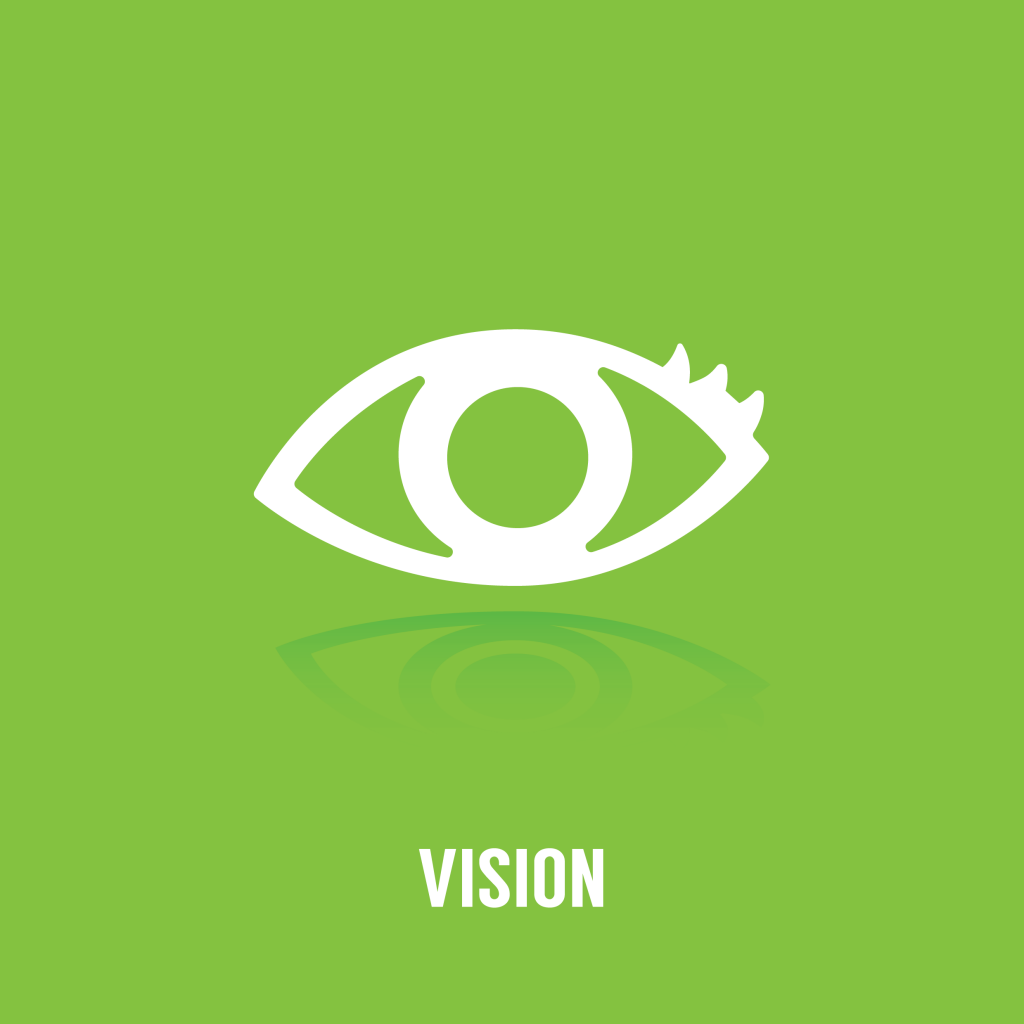The old saying, ‘beauty is in the eye of the beholder’ is universally known and used. However, I would argue that just about everything is in the eye of the beholder and anything can be used as the description/definition of ‘everything’. Especially in today’s society, relativism is the norm. Anyone who espouses an ‘absolute’ is ridiculed immediately or angrily denounced for treading on someone else’s views. (I would argue that at least one absolute exists.)
Look at the word. What does ‘absolute’ mean and how does this relate to the title of this discussion? Webster: (including_)
“free from imperfection perfect, pure, outright, unmitigated positive, unquestionable; having no restriction, exception, or qualification
an absolute requirement; independent of arbitrary standards of measurement
Fundamental, Ultimate; absolute knowledge; being self-sufficient and free of external references or relationships an absolute term in logic”
Does this give you any understanding? Can you identify those who have the right to define what this means, not just ‘is’… and do or don’t have the ‘right’ to indicate what should be considered as ‘absolute’? Who’s the ‘authority’ about absolutes.
Scripture does speak to this issue when it talks about perception. And therein we have our foundation. The ‘eye of the beholder’ is based in (our) perception. No great revelation, but we sometimes forget this. Or we may fail to apply this reality that how we may consider something, may not be how someone else does.
How important is this? Well… how important is it to you to be understood and to understand others? That’s the determination. The point in all this is that each of us is a unique creation. No two of us are alike, even identical twins. We see and experience life through our own frame of reference/perspective/experiences and this is always important… and fun. It’s when we share without fear of being viewing any challenges as ‘differences’ that we make further discoveries. It’s both our ‘sameness’ and our differences that expand what we know and understand. At least that’s what’s in my eye of beholding.
Accepting a different ‘eye’ should never be coerced or demanded or even expected except that it’s yours and may be different than mine. To me this is always part and parcel of the scripture that talks about iron sharpening iron. Many times it’s more important to know the differences than it is to be in total agreement. I suspect much of this is based in our own level of confidence in not only what we believe… but why. ‘the eye of the beholder’ is a methodology of learning and teaching, of sharing and discovering.






